Intralipid, a 20% fat emulsion which is comprised of soybean oil, egg phospholipids, and glycerine, was initially used as a form of IV nutrition. Since this discovery, it has been implemented in several protocols to help immunosuppress the body and reduce the expression and activity of natural killer cells, a type of white blood cell which can interfere with the transfer and implantation process. Intralipid has been touted as a less expensive, safer, and equivalent therapy to more expensive treatments.
Read MoreA recent advance in fertility therapy includes low level laser light therapy, or LLLT (also called photobiomodulation). This has been explored in several studies to analyze the impact at improving fertility outcomes by performing targeted treatments on the area of interest (testes areas in males, lower abdominal area to cover the ovaries in females). This article will “shed some light” (see what we did there?) on the science behind these claims and provide a rationale in why we are including them as a therapeutic service with ASAP IVs.
Read MoreGuidelines suggest a daily Vitamin D intake of 400-2000 IU in order to maintain 25(OH)D concentrations of 50-75nmol/L. We recommend a daily Vitamin D intake of 1000-2000 IU to maintain a serum level in this ideal range. If an intramuscular injection is preferred over daily supplement injection (or a quick catch-up period is desired), then a once monthly injection of 50-100k IU is performed every 4 weeks. This recommendation is based on studies showing that an injection of 100k IU peaks at 4 weeks, and then begins to taper (Gorman 2017).
Read MoreAs we age, egg quality decreases in step with declining levels of NAD+. Proposed benefits of NAD+ supplementation (often through the metabolic precursor nicotinamide mononucleotide or NMN) include improving egg quality, restoring fertility potential, and rescue reproductive capability.
Read MoreIVF utilizes medication to increase the number of mature eggs that are available to be fertilized each month. These eggs are extracted and then combined with sperm in a lab to hopefully produce embryos, which are then frozen for later use or transferred to a woman’s uterus a short time after. While a higher number of eggs able to be retrieved is favorable, quality of the eggs is very critical for successful creation of viable embryos. It is important to be aggressive in maximizing the quality of eggs when they are needed, both in a natural conception environment, and more especially for IVF. Egg quality is difficulty to change as a woman’s age increases, though there is plenty of data to support various lifestyle changes for improvements in egg quality. One of these lifestyle changes that can be beneficial is the addition of certain supplements to the diet.
Read More





